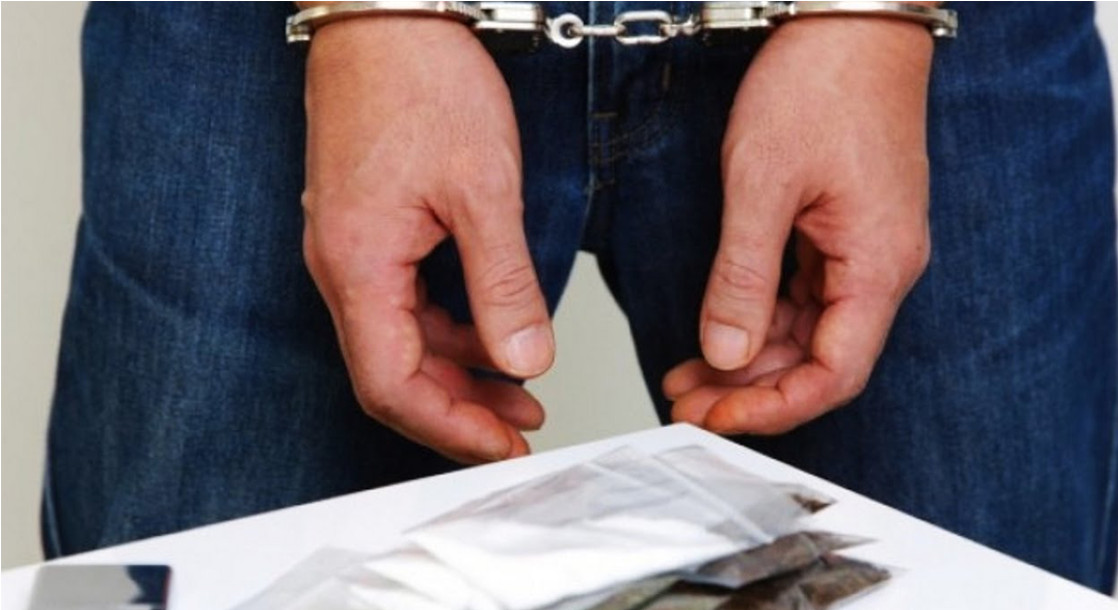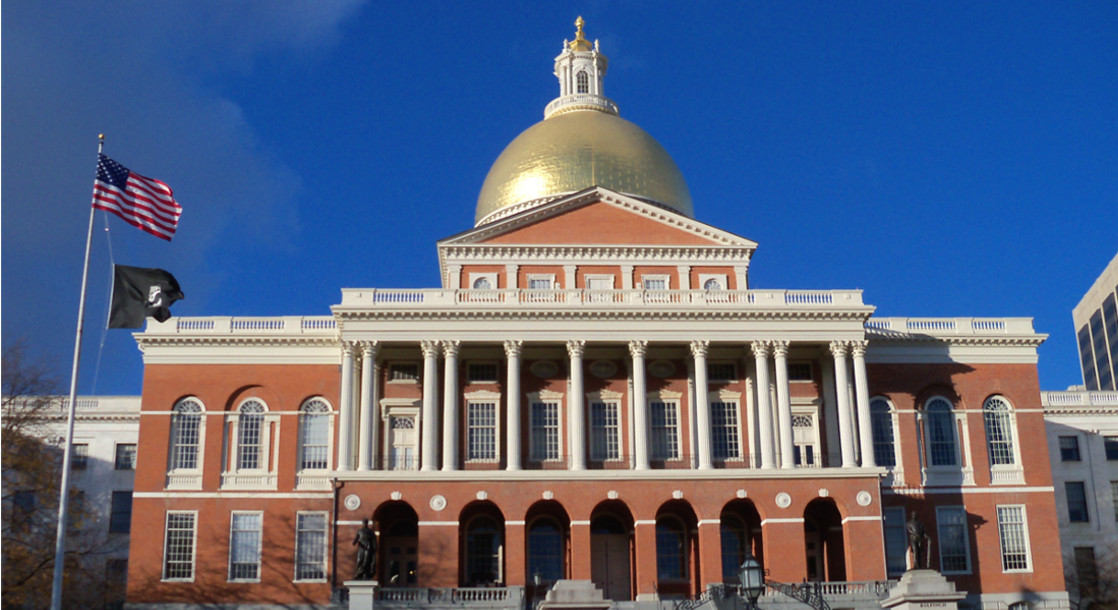At a time when U.S. Attorney General Jeff Sessions wants federal prosecutors to seek the maximum penalties in all drug-related crimes, a new study finds that incarcerating the average user does nothing to prevent them from returning to dope in the future.
A recent analysis provided by the Pew Charitable Trusts shows there is “no statistically significant relationship between states’ drug offender imprisonment rates and three measures of drug problems: rates of illicit use, overdose deaths, and arrests.”
The latest findings are consistent with the organization’s previous research, which illustrates how the federal sentencing laws put on the books during the Ronald Regan era have only filled up the prisons with non-violent drug offenders.
In a letter sent to President Trump’s newly formed Commission on Combating Drug Addiction and the Opioid Crisis, which is being overseen by cannabis legalization opponent New Jersey Governor Chris Christie, researchers pointed out that state and federal penitentiaries are now home to more drug offenders than in the 1980’s. Yet, despite the nation’s obsession with imprisoning its way out of this situation, the drug problem has only continued to escalate.
“For instance, Tennessee imprisons drug offenders at a rate more than three times greater than New Jersey, but the illicit drug use rate in the two states is virtually the same,” the study reads. “Conversely, Indiana and Iowa have nearly identical rates of drug imprisonment, but Indiana ranks 27th among states in its rate of illicit drug use and 18th in drug overdose deaths while Iowa ranks 44th and 47th respectively.”
The latest findings show that stricter criminal justice policies have not made a dent in nation’s drug abuse rates, nor have they addicts succumbing to deadly overdoses. In fact, all these laws have done is ensure the American prison system is stocked full of people who may have been better served in treatment or other rehabilitation programs.
The report shows there has been a staggering 800 percent increase in federal incarcerations since 1980.
While the average citizen is often under the illusion that these kinds of policies are keeping them safe, nothing could be farther from the truth. Some of the latest statistics from the American Civil Liberties Union (ACLU) shows the majority of drug arrests in the United States (88 percent) are for marijuana possession. As it stands, over half the nation has legalized the herb for medicinal and recreational purposes, yet there is still plenty of prohibition to contribute to the already 2.4 million people presently imprisoned in this country for drug-related offenses. Do you feel safe?
Researchers believe the latest data should be taken into consideration by the Trump administration.
"This is fresh data that should inform the important conversation happening in Washington and around the country about what the most effective strategies are for combating the rise in opioid addiction and other substance abuse," said Adam Gelb, director at Pew.











